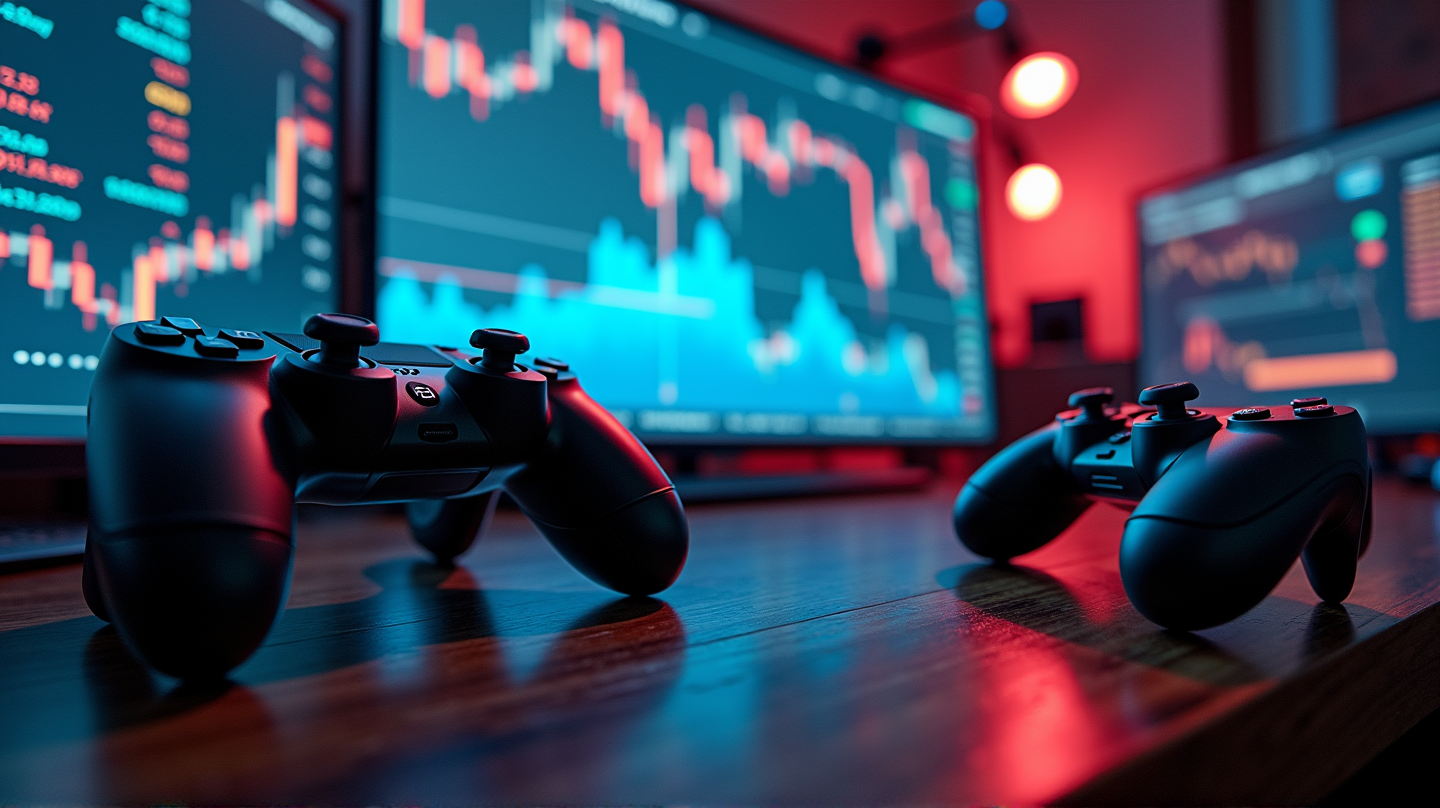Economic Earthquake: Trump's Tariffs Shake Japanese Gaming Giants

The news is reverberating through the halls of Japanese financial markets, triggering what could be termed an economic earthquake. As recession predictions loom larger, U.S. President Donald Trump’s tariffs have sent shockwaves through the stocks of major Japanese video game companies, causing a significant collapse.
Market Chaos Unleashed
The relentless march of tariffs has taken a heavy toll, with Sony and Nintendo leading the decline. At one point, Sony’s stocks plummeted as much as 13% on the Tokyo Stock Exchange, with its gaming counterpart Nintendo not far behind.
Japan’s Nikkei 225 benchmark index did not escape unscathed either, enduring a staggering 6% drop. This pattern of financial turmoil isn’t isolated, showing a ripple effect across Asian countries such as South Korea, Taiwan, and China.
The Tariff Tidal Wave
Asian markets, a behemoth in the global manufacturing landscape, are bracing for the heavy-handed fines that could reach up to 50% on imports to the United States. The implications are clear—companies that play a pivotal role in crafting the technology and entertainment we consume are now caught in the crossfire of international trade policies.
Strategic Safeguards in Gaming
However, amidst the financial turmoil, there are stories of resilience. Sony, for instance, has employed pre-emptive strategies to insulate its PS5 console from immediate price hikes. By doubling its supply chain and stockpiling inventory, Sony has earned itself a buffer in this turbulent market climate.
But the reprieve could be temporary. Nintendo, in reaction to these shifts, has already suspended pre-orders for its anticipated Switch 2 in the U.S., igniting speculation about potential price increases prior to its launch.
Broader Economic Concerns
The gaming industry’s troubles are but one aspect of a larger economic predicament. According to Push Square, banking giant Goldman Sachs now estimates a daunting 45% chance of a U.S. recession occurring in the next year—a noticeable climb from its previous estimation of 35%.
The unsettling developments in the gaming market reflect broader systemic issues, as nations navigate the complexities of global trade amid tightening financial conditions.
The Road Ahead
As trade tensions mount and market uncertainties persist, it’s imperative for industries and investors alike to prepare for the potential long-term impacts of these tariffs. The gaming world, a microcosm of the global economy, could offer valuable lessons on resilience and adaptability.
The narrative of Japanese gaming companies bracing against the tariff storm is unfolding, urging stakeholders to carefully assess and recalibrate their strategies in this volatile environment. The stakes have never been higher, and the eyes of the world are on the market’s next move.




